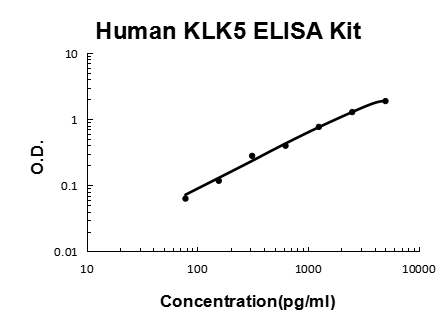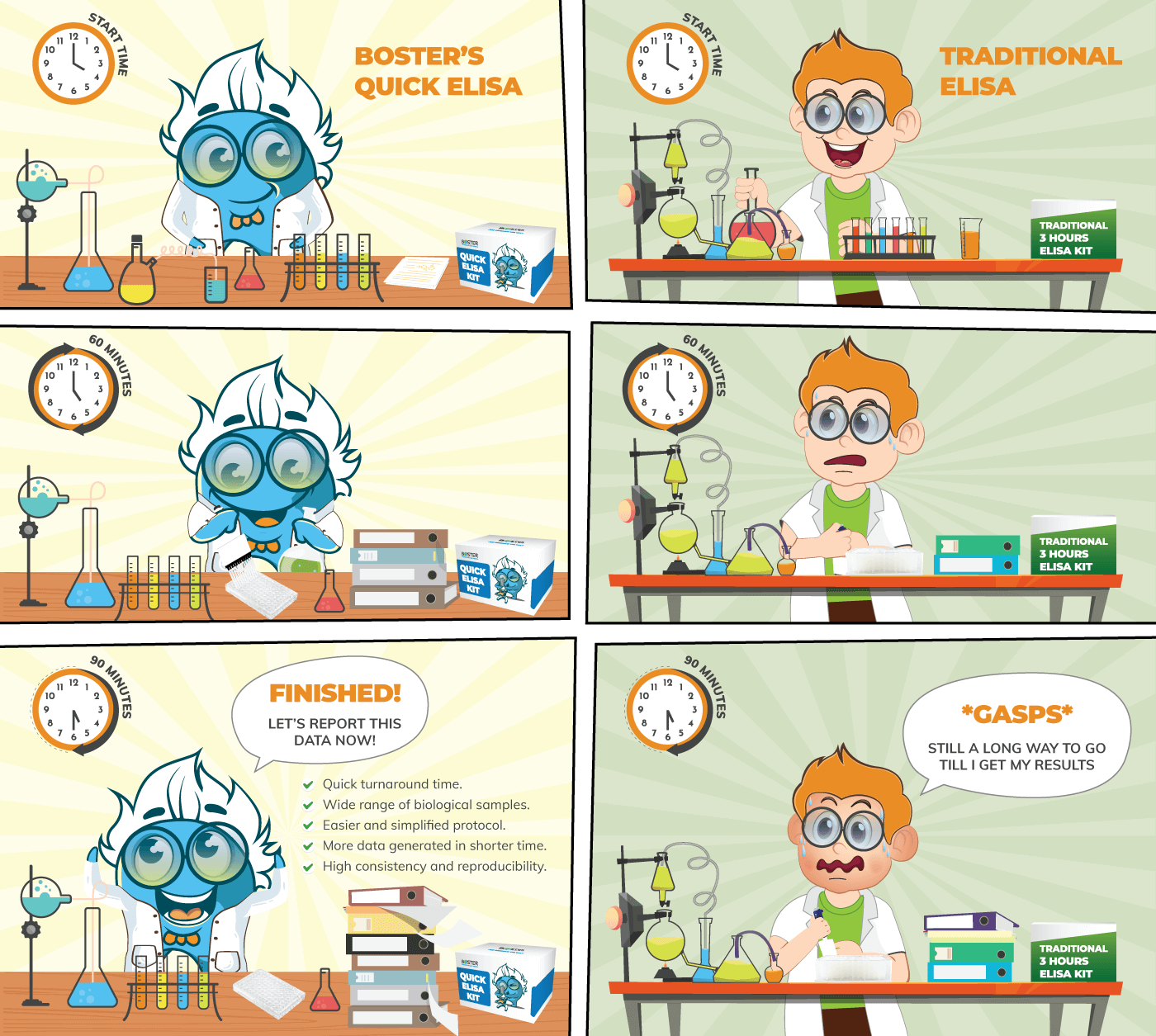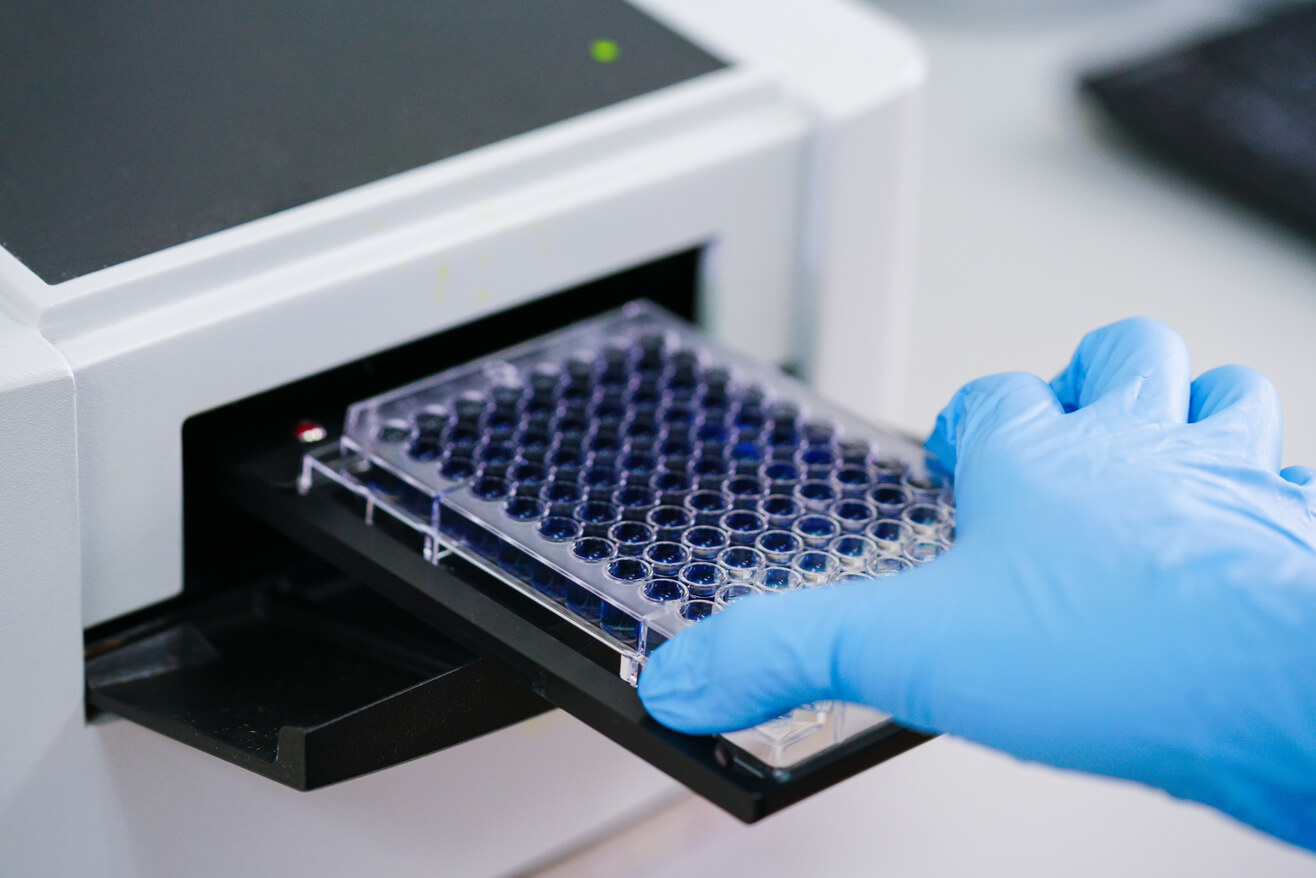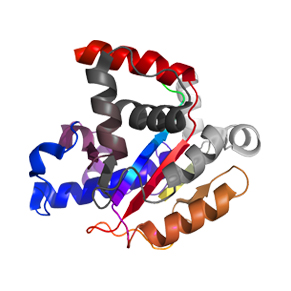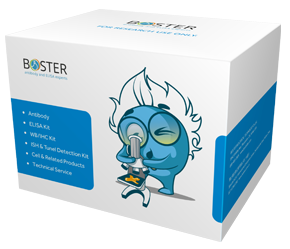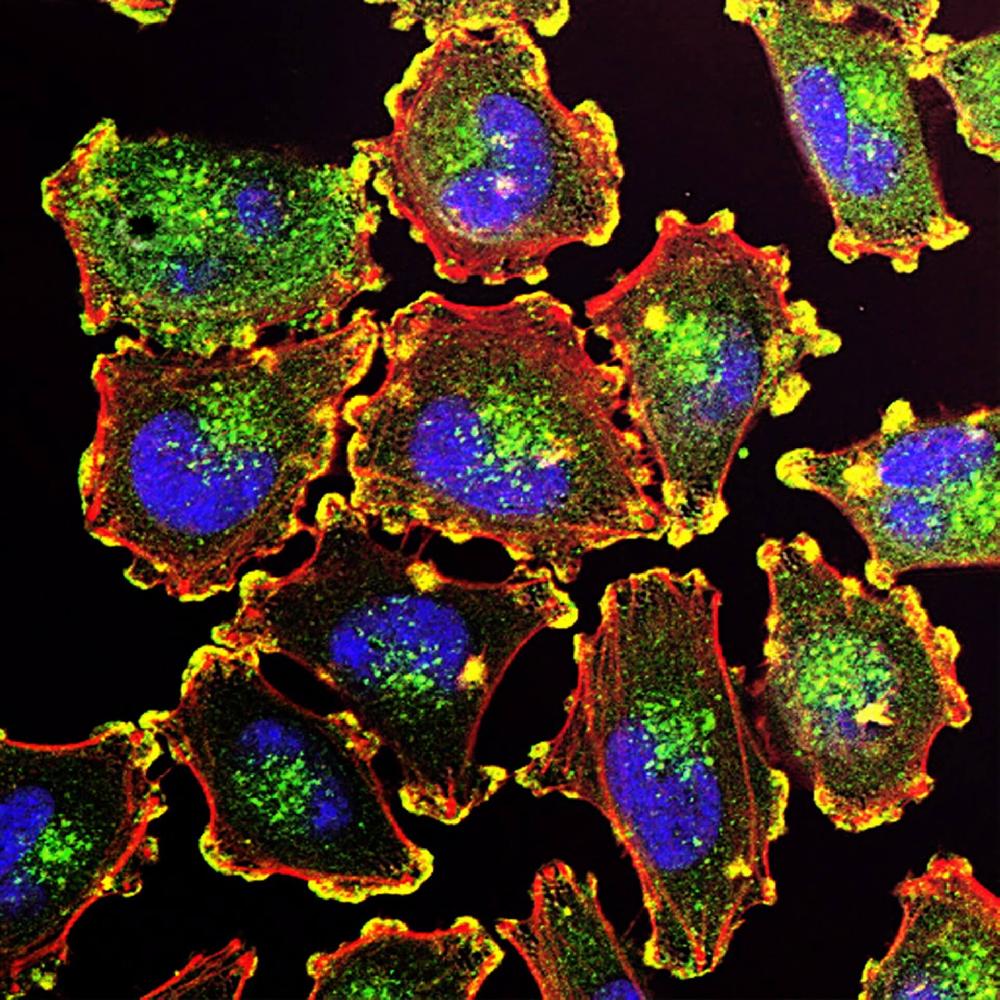
Primary and Secondary Antibodies
Boster Bio offers over 16,000 antibodies that have been validated for IHC, WB, ELISA, and FC in human, mouse, and rat samples. Rabbit and mouse monoclonal antibodies as well as rabbit polyclonal antibodies are available. Buy a primary antibody and get a secondary antibody for free!








